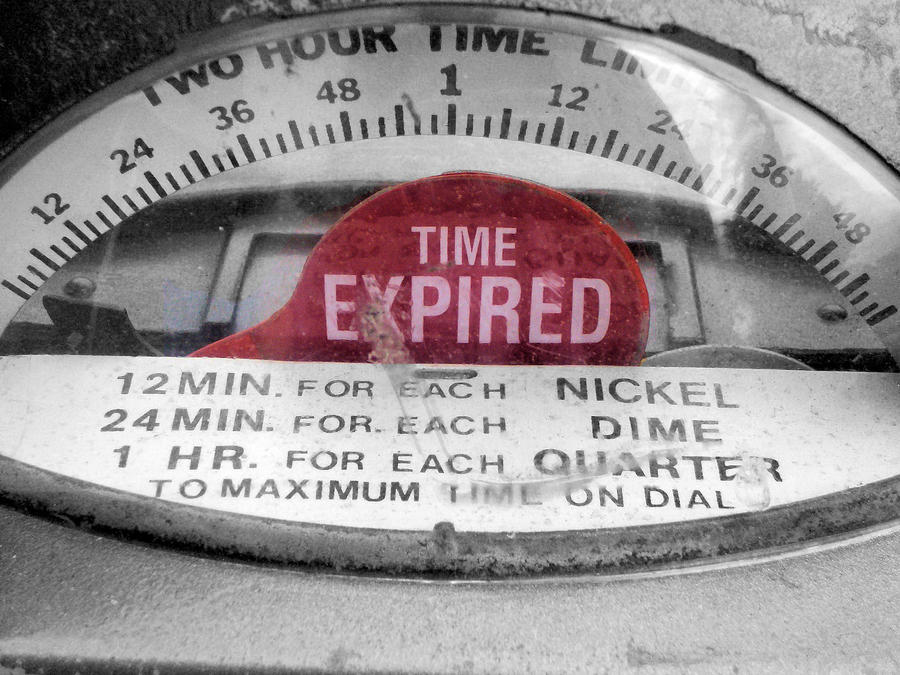 |
| Photo by DayofGlory |
Last evening, the Washington Post editorial board took a different view, urging county citizens to vote “Yes” on Question J. The Post editors argue that the current two-term limit, established by voters in 1992 and twice reaffirmed by them prior to this effort, was once a “useful…means to ensure infusions of new blood” in the county. But now, they claim, “the county has changed, and its rules should evolve too.” They see a county that is “more engaged than in the past” and that has elected a more capable crop of leaders.
As evidence of the county’s supposed change, the Post editors point to the recent defeat of incumbent Superior Court clerk Marilynn Bland in the Democratic primary election in June. They labeled Bland, a former two-term council member and board of education member, as “notoriously unethical” and celebrated her ouster as “the right way to set limits on elected officials.”
But by the Post’s own reporting, Bland has been a constant source of disdain and embarrassment for the county for most of her 18 years in public office. Yet, she was still easily reelected on multiple occasions to multiple offices. Indeed, she left her post as a county councilmember in 2010, only after the expiration of her second term—because of the current term limit provisions.
Other than the recent example with Bland, no other incumbent county elected official has been defeated at the polls in more than a generation. So it’s somewhat curious to see the Post hanging its hat on one aberrational result in a very low turnout primary election.
A few hours after the Post’s editorial endorsement, the Washington Times reported that the Question J ballot initiative is being largely funded by big developer interests. This is a particularly troublesome revelation, given the county’s long and sordid history of developer-fueled corruption, which sent the previous county executive, Jack Johnson, and his councilmember wife, Leslie Johnson, off to federal prison.
Joseph Kitchen, former president of the Prince George's Young Democrats, suggested that I and the other Question J opponents hadn't made a very convincing case against the measure, even through he too voted against Question J. Assuming that's true, I would argue that the proponents of Question J have made an even worse case for changing the status quo—especially given the Post's threadbare rationale coupled with the Times' findings regarding the heavy developer funding of this effort.
Please weigh in with your comments for or against Question J. More importantly, if you haven't already done so, please weigh in tomorrow, November 4, at the polls!
